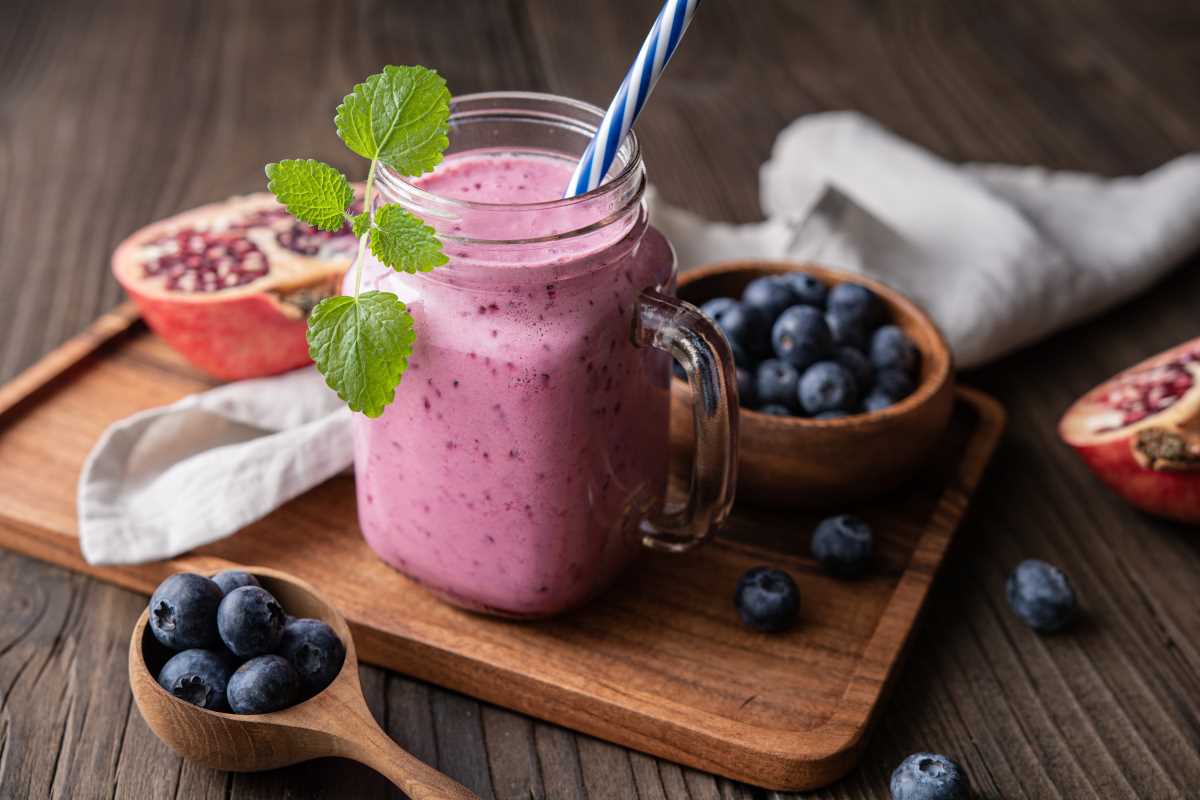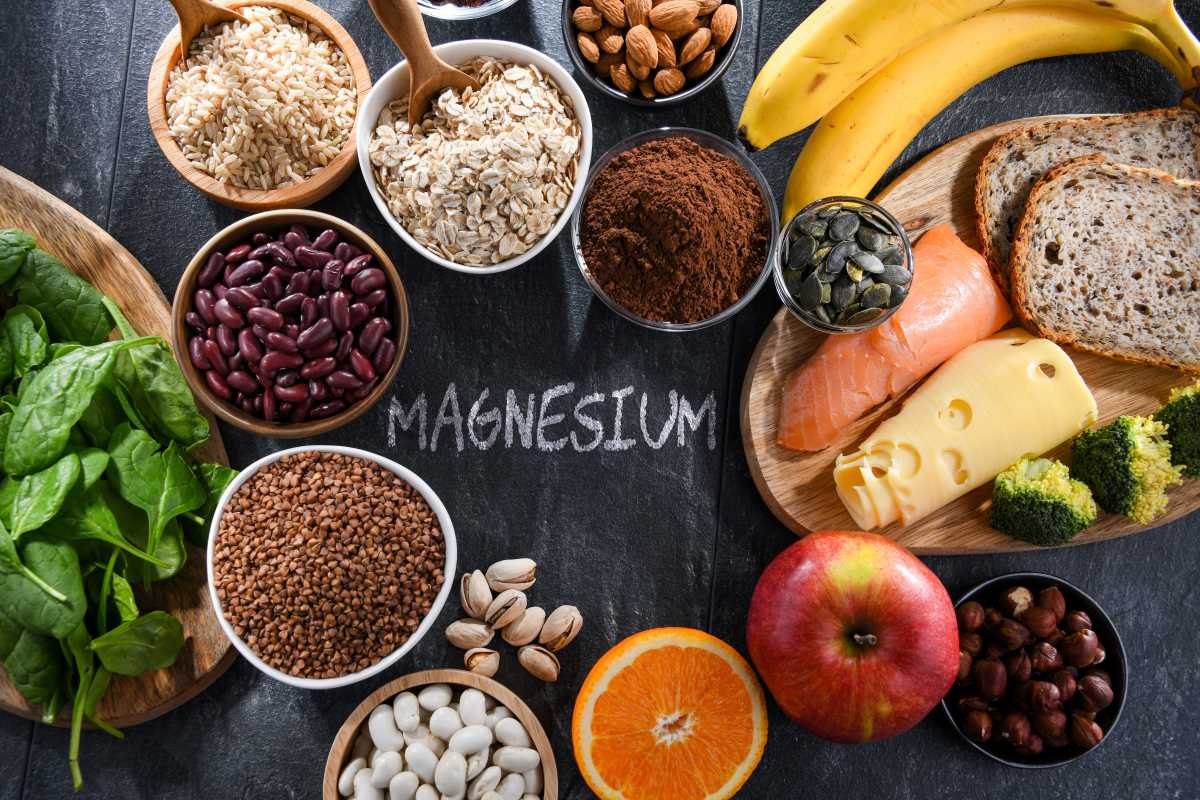When you hear the word "inflammation," you might think of a swollen ankle or a sore throat, but inflammation is more than just a visible reaction to injury or illness. It’s a natural process that helps your body defend itself and heal. However, when inflammation becomes chronic, it can lead to health problems, including heart disease, arthritis, and diabetes. One of the most talked-about ways to combat chronic inflammation is through diet, and plant-based eating is often at the center of this discussion.
But can a plant-based diet really reduce inflammation? And if so, how does it work? We’re here to explore the science behind this growing trend and help you understand whether shifting toward plant-based meals could benefit your health.
What Is Chronic Inflammation?
Inflammation, in its simplest form, is your immune system’s way of fighting off harm, such as infections or injuries. Acute inflammation is short-term and can be helpful (think redness and swelling that shows your body is healing). Chronic inflammation, however, is long-term and occurs when the immune system stays active even when there’s no immediate threat. This low-level, persistent inflammation can damage tissues and contribute to serious conditions like heart disease, diabetes, and even certain cancers.
Lifestyle factors, including stress, lack of exercise, and diet, play a massive role in whether inflammation stays under control or gets out of hand.
How Does Diet Affect Inflammation?
The food you eat can either promote or reduce inflammation. Diets high in processed foods, refined sugars, saturated fats, and red or processed meats often lead to increased inflammation over time. This is largely because these foods trigger the production of inflammatory molecules in your body.
On the flip side, certain foods are naturally anti-inflammatory. They’re rich in vitamins, antioxidants, fiber, and healthy fats that help calm the body’s inflammatory response. This is where plant-based diets come into play.
What Is a Plant-Based Diet?
A plant-based diet focuses primarily on foods that come from plants. This can include:
- Fruits and vegetables
- Whole grains
- Legumes (beans, lentils, peas)
- Nuts and seeds
Eating plant-based doesn’t necessarily mean you have to avoid animal products entirely. While some people stick to vegan or vegetarian diets, others might follow a more flexible plant-forward approach known as "flexitarian," where plants make up the majority of the diet, but small amounts of meat, fish, or dairy are included occasionally.
How Plant-Based Diets Fight Inflammation
A growing body of research indicates that plant-based diets are excellent for reducing inflammation. Here’s why they’re so effective:
1. Rich in Antioxidants
Plant-based foods like fruits, vegetables, nuts, and seeds are packed with antioxidants. These compounds neutralize free radicals, which are unstable molecules that can damage cells and trigger inflammation. For example:
- Foods like berries, spinach, and artichokes are high in polyphenols, a type of antioxidant that reduces oxidative stress.
- Vitamin C, found in oranges, peppers, and broccoli, also helps fight inflammation by protecting cells from damage.
2. High in Fiber
Plant-based diets are naturally high in fiber, which plays a key role in reducing inflammation. Fiber helps feed healthy gut bacteria, producing compounds (like short-chain fatty acids) that reduce inflammation and improve immune function. Fiber also helps control blood sugar levels, as spikes in blood sugar can contribute to inflammatory responses.
Foods like legumes, brown rice, whole-grain breads, and leafy greens are excellent sources of dietary fiber.
3. Low in Saturated Fats
Animal products such as fatty cuts of meat, butter, and full-fat dairy tend to be high in saturated fats, which can promote inflammation. Plant-based diets naturally cut back on saturated fats while emphasizing healthier fats.
For example:
- Avocados, olive oil, walnuts, and flaxseeds are rich in omega-3 fatty acids, which are anti-inflammatory.
- Replacing butter or lard with olive oil for cooking is a simple way to fight inflammation.
4. Reduces Processed Foods
Plant-based diets tend to eliminate or significantly reduce processed foods, which are major contributors to inflammation. Snacks like chips, cookies, and soda are often loaded with refined sugar, artificial additives, and unhealthy fats that trigger inflammatory processes in the body. By focusing on whole, minimally processed plant-based foods, you give your body the nutrients it needs without fueling inflammation.
5. Helps with Weight Management
Being overweight or obese can increase systemic inflammation in the body, because extra fat cells (especially around the abdomen) produce inflammatory molecules. Plant-based diets, which are often lower in calories and higher in nutrient density, can promote weight loss and make it easier to maintain a healthy weight, further reducing inflammation.
One study found that people following a plant-based diet saw significant reductions in markers of inflammation, like C-reactive protein (CRP), which is often used to measure inflammation in the blood.
Anti-Inflammatory Foods to Focus On
Not all plant-based foods are equally effective at reducing inflammation. Here are some of the best plant-based options to include in your diet for their anti-inflammatory benefits:
Fruits
- Blueberries, strawberries, and cherries (rich in anthocyanins, a type of antioxidant)
- Oranges and kiwis (high in vitamin C)
Vegetables
- Leafy greens like spinach, kale, and Swiss chard
- Cruciferous vegetables like broccoli, Brussels sprouts, and cauliflower
Whole Grains
- Oats, quinoa, brown rice, and farro
Legumes
- Lentils, black beans, chickpeas, and kidney beans
Nuts and Seeds
- Almonds, walnuts, flaxseeds, and chia seeds (rich in omega-3s)
Healthy Fats
- Olive oil, avocado, and small amounts of dark chocolate (70% or higher)
Spices like turmeric (curcumin) and ginger are also known for their powerful anti-inflammatory properties and can be easily added to soups, teas, and stir-fries for an extra health boost.
Tips for Transitioning to a More Plant-Based Diet
If you’re interested in eating more plant-based foods but don’t want to completely give up animal products, that’s okay! Start small and build up from there. Here are some tips to get started:
- Start with Simple Swaps: Replace white rice with quinoa or brown rice, or swap your morning bacon for avocado slices on whole-grain toast.
- Try Meatless Mondays: Dedicate one day each week to plant-based meals.
- Focus on Adding, Not Restricting: Instead of thinking about what you’re cutting out, focus on all the delicious foods you can add, like roasted vegetables, hearty soups, and fresh salads.
- Experiment with New Recipes: Try making plant-based versions of your favorite dishes, like veggie stir-fries, lentil curries, or black bean tacos.
 (Image via
(Image via





